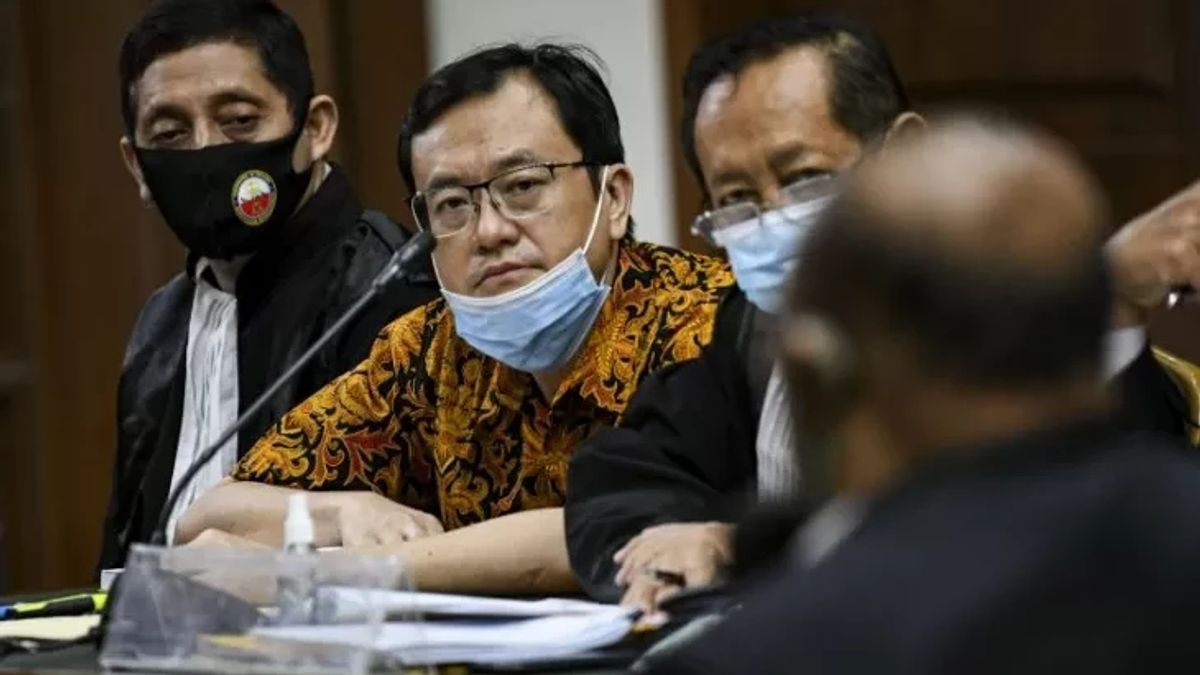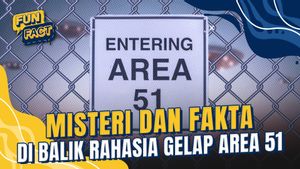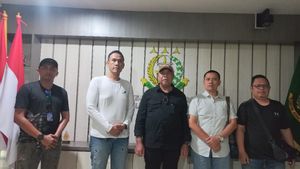JAKARTA - Benny Tjokrosaputro, who was found guilty of corruption in the financial management and investment funds of PT Asabri (Persero), was demanded the death penalty. The panel of judges did not agree with the demands of the Public Prosecutor (JPU) of the Attorney General's Office.
"The panel of judges disagrees with the public prosecutor regarding the imposition of the death penalty against the defendant," said head of the panel of judges Ignatius Eko Purwanto at the Jakarta Corruption Court, Thursday, January 12, confiscated by Antara.
The panel of judges at the Jakarta Corruption Court previously also did not approve the death charges against other defendants in the same case, namely the President Commissioner of PT Trada Alam Minera Heru Hidayat. The judge sentenced Benny Tjokrosaputro and Heru Hidayat to zero verdicts.
"The public prosecutor has violated the principle of prosecution for prosecuting outside the articles charged," he said.
The panel of judges then revealed the second reason, the prosecutor did not prove certain conditions for using funds by the defendant when committing a criminal act of corruption.
The third reason, based on the facts, Benny Tjokrowardoyo was considered to have committed a criminal act of corruption when the state situation was safe.
"Fourth, the defendant was not proven to have committed a repeated criminal act of corruption. Therefore, the legal reason is to rule out the death charge filed by the public prosecutor in his claim," said the judge.
Moreover, the demand for death is regulated in Article 2 paragraph 2 of Law no. 31 of 1999 as amended by Law no. 20 of 2001 concerning the Eradication of Criminal Acts of Corruption with the requirement that the death penalty can be imposed is as an eradication for criminal acts of corruption when the country is in a state of danger as applicable laws are at the time of a national natural disaster, repetition of criminal acts of corruption and during a country's economic and monetary crisis.
"The demand for the death penalty is facultative, meaning that there is no obligation to impose a death penalty," said the judge.
Benny Tjokrosaputro has also been sentenced to life on October 16, 2020 by the Central Jakarta District Court and strengthened by the Jakarta High Court and the Supreme Court which has permanent legal force.
However, the panel of judges agreed with the prosecutor that Benny Tjokrosaputro was legally and convincingly proven in the first primary indictment and the second primary indictment, namely Article 2 paragraph (1) Jo Article 18 of Law No. 31 of 1999 as amended by Law no. 20 of 2001 concerning the Eradication of Corruption Crimes Jo. Article 55 paragraph (1) 1 of the Criminal Code and Article 3 of Law No. 8 of 2010 concerning the Prevention and Eradication of the Crime of Money Laundering.
"The trial, stated that the defendant Benny Tjokrosaputro was legally and convincingly proven guilty of committing a criminal act of participating in corruption as the first primary indictment and money laundering as the second primary indictment. Sentencing the defendant to no crime," said the judge.
In addition, Benny Tjokrosaputro was sentenced to pay compensation of Rp. 5.733 trillion, taking into account the evidence confiscated from Benny Tjokrosaputro in the form of 1,069 confiscated land and buildings for the state.
Regarding the verdict, the Public Prosecutor and Benny Tjokrosaputro expressed their thoughts for 7 days.
The English, Chinese, Japanese, Arabic, and French versions are automatically generated by the AI. So there may still be inaccuracies in translating, please always see Indonesian as our main language. (system supported by DigitalSiber.id)













